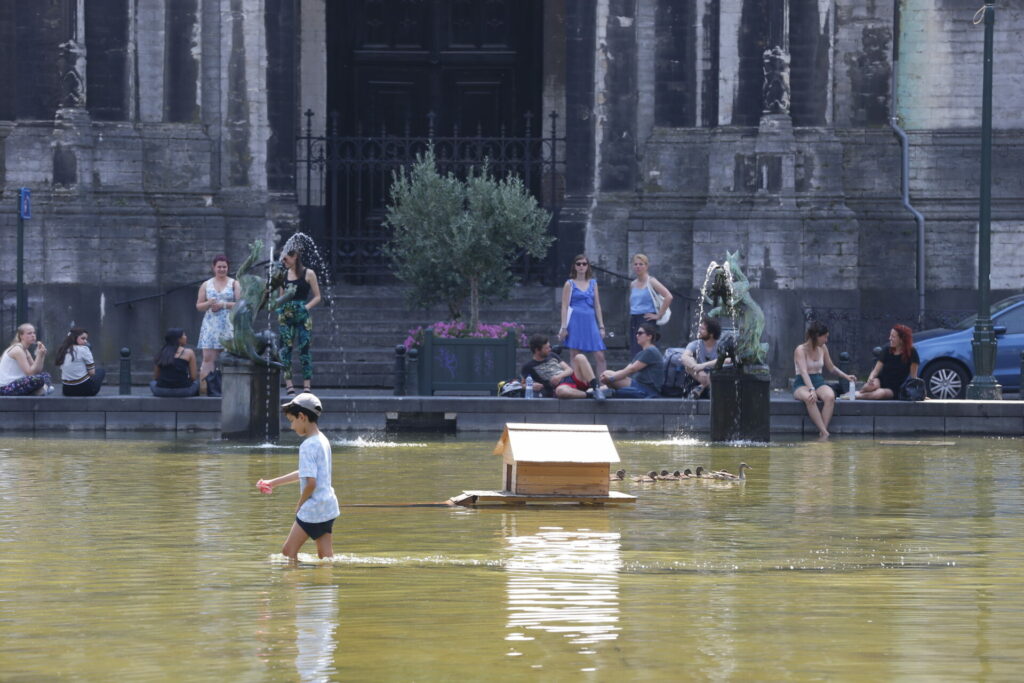A new study has found that Belgium is one of the most countries at-risk in the world for heatwaves with extreme consequences.
After last year's summer, Belgium is no stranger to the rise in temperatures caused by climate change; this year is also predicted to be scorching hot with Spain already experiencing a heatwave and breaking records by reaching 38.8 °c in April.
The study, published in Nature Communications, found European nations (such as Germany, the Netherlands, and Luxembourg) to also be extremely vulnerable. Other regions that are most at-risk are the Beijing region in China, Afghanistan, Guatemala, and Papua of New Guinea.
The British researchers conducting the study conclude that the regions in the Middle East and Central America are most vulnerable given the relative lack of wealth and resources to mitigate potential impacts.
Preparation saves lives
Whilst it is true that elsewhere in Europe will see far higher temperatures than Belgium, the study highlights the country's lack of experience or heat plans for dealing with excessive warming.
"Heatwaves are deadly but better preparation can save lives," the authors write. "For example, city heat plans that include actions such as establishing cooling centres or reducing hours for outdoor workers can reduce the impact."
Regions that have not faced extreme temperatures in the past are most vulnerable because there is no existing adaptation, the study explains.
Related News
- A global hotspot: Europe's temperature rise far exceeds worldwide average
- European forests lose colour due to climate change
- Environmental taxes in Belgium have dropped by 8% since the pandemic
"Often, regions are only prepared for events as extreme as they have already experienced, with planning initiated by past disasters. " In the face of the upcoming cascade of climate change events, policymakers and governments need to prepare for what they have never before experienced.
In Belgium, the unprecedented heatwaves also add to a new pattern of water scarcity, which sees the country's groundwater level deplete at unusually high rates. And as a highly urbanised landmass, Belgium is prone to the ill-effects of "heat islands", where a lack of green space is far less efficient at regulating its temperature.

